Jaguar will become an electric-only brand from 2025 onwards, as part of a bold new Reimagine strategy designed to revive the fortunes of Jaguar Land Rover (JLR).
New CEO Thierry Bolloré has set a target for the British firm, owned by the Indian Tata Motors group, to become a net-zero-carbon business by 2039, including a major shift to electrification. By the end of the decade, every Jaguar and Land Rover model will be offered with an electric-only version.
Exclusive: Jaguar to return in 2025 with trio of electric sports SUVs
Bolloré said that there are currently no plans to close any manufacturing facilities.
All Jaguar and Land Rover models will be offered with an electric powertrain by the end of the decade, with Jaguar becoming an electric-only luxury brand from 2025 onwards.
Land Rover will launch six EV variants within the next five years, one of them the first all-electric Land Rover, due in 2024.
Bolloré said that the Reimagine plan was designed to emphasise “quality over volume”, with JLR aiming to become “the supplier of the most desirable vehicles for discerning customers”.
The two brands will be repositioned, with Jaguar becoming an electric-only firm and Land Rover retaining its off-road ethos but continuing its push upmarket. “Jaguar and Land Rover will have two clear unique personalities, rooted in their rich history to give two distinct choices for customers,” said Bolloré.
Architectures and powertrains: three platforms, electric focus
To support the electric transition, JLR will use three architectures: two dedicated to Land Rover and a new pure-BEV platform that will be exclusive to Jaguar, details of which will follow at a later data.
Future Land Rover models will be built on the Modular Longitudinal Architecture, which allows for combustion engine and EV models, and the “electric-biased” Electric Modular Architecture (EMA), which can also “support advanced electrified” combustion engines.
The firm says that the moving onto three platforms and consolidating the number of platforms and models produced per plant will help the firm to “establish new benchmark standards in efficient scale and quality for the luxury sector”.
It says that will be key to ensuring it can retain its UK and other worldwide plants (see below).

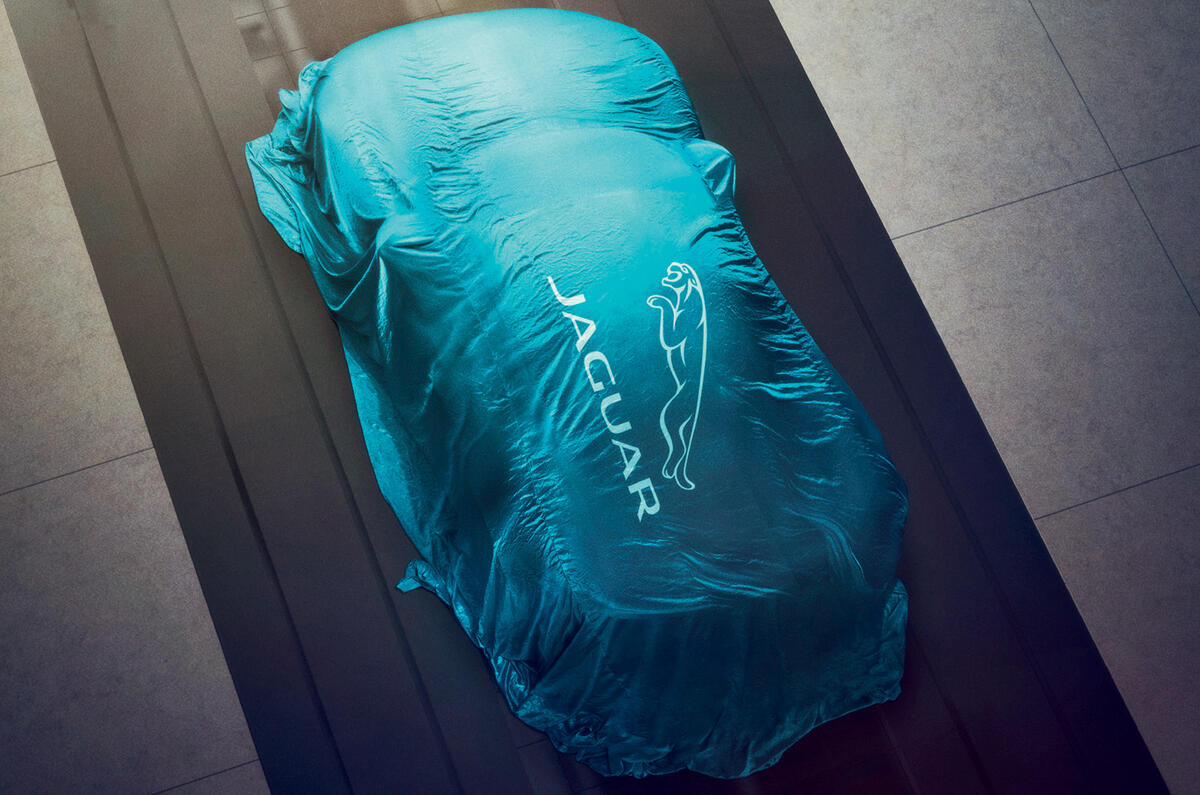
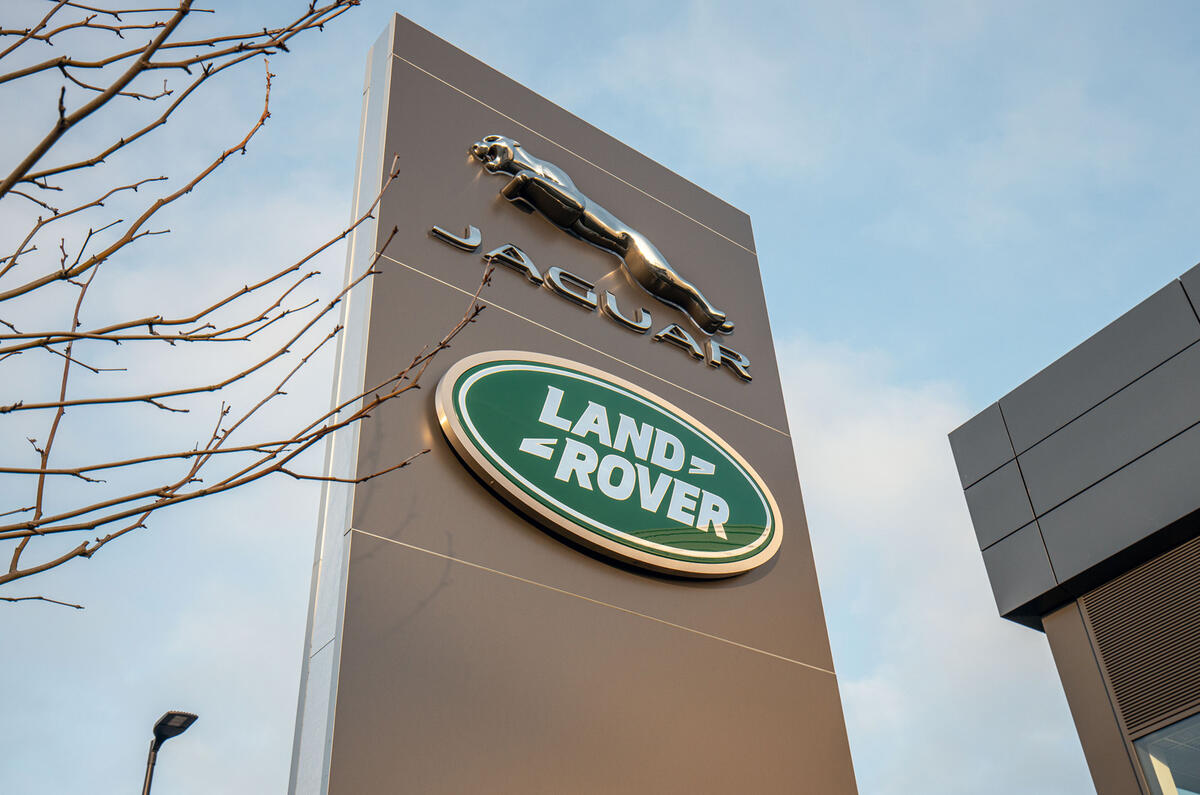
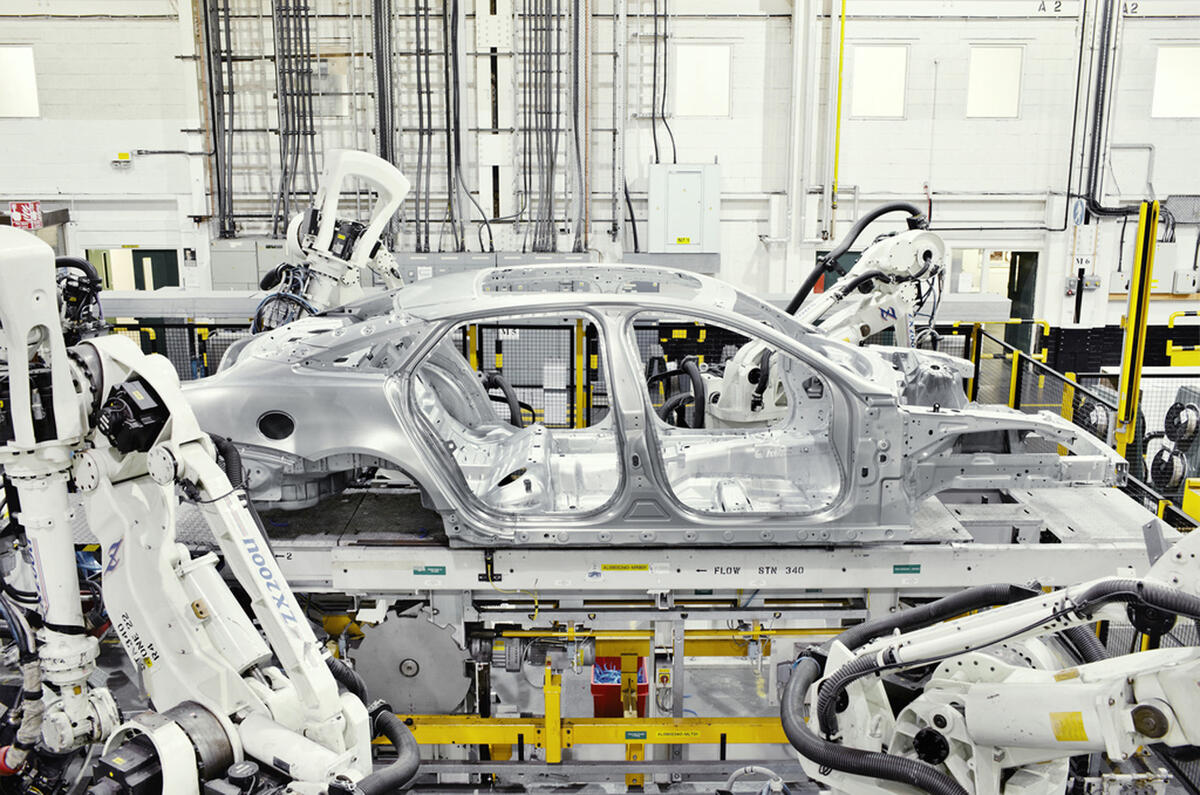
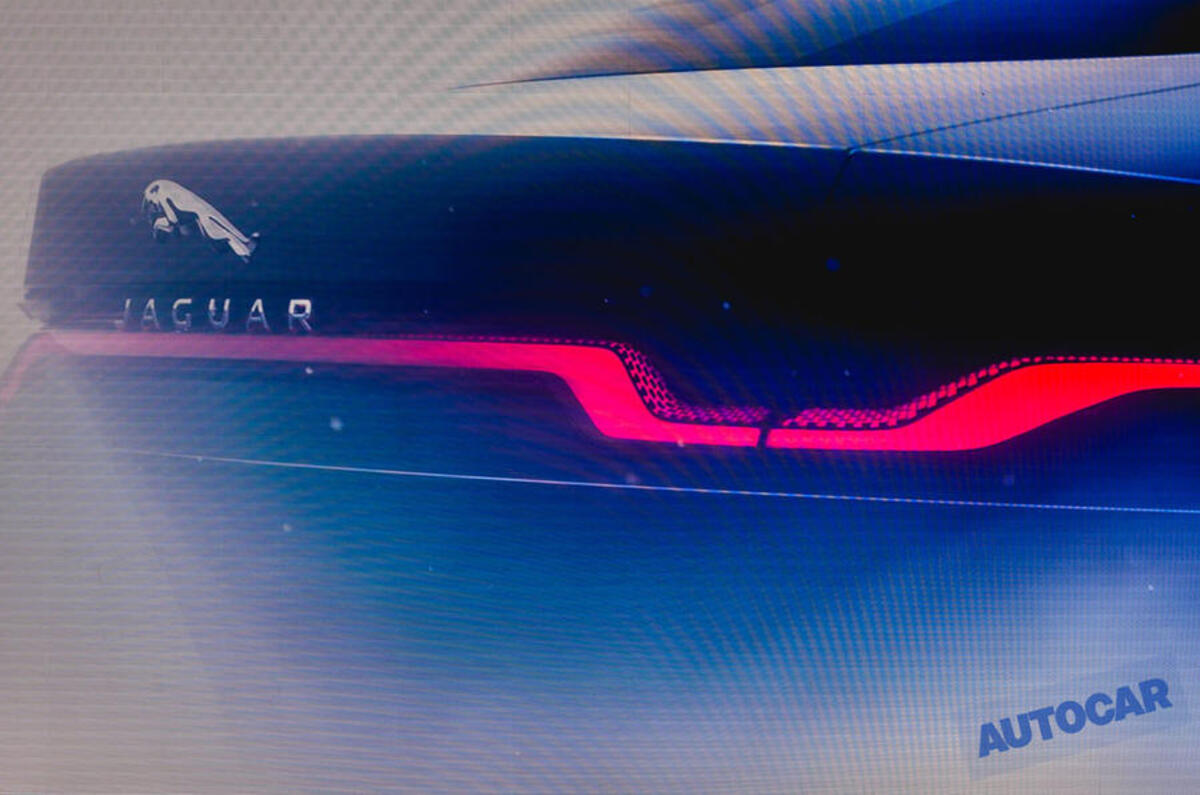
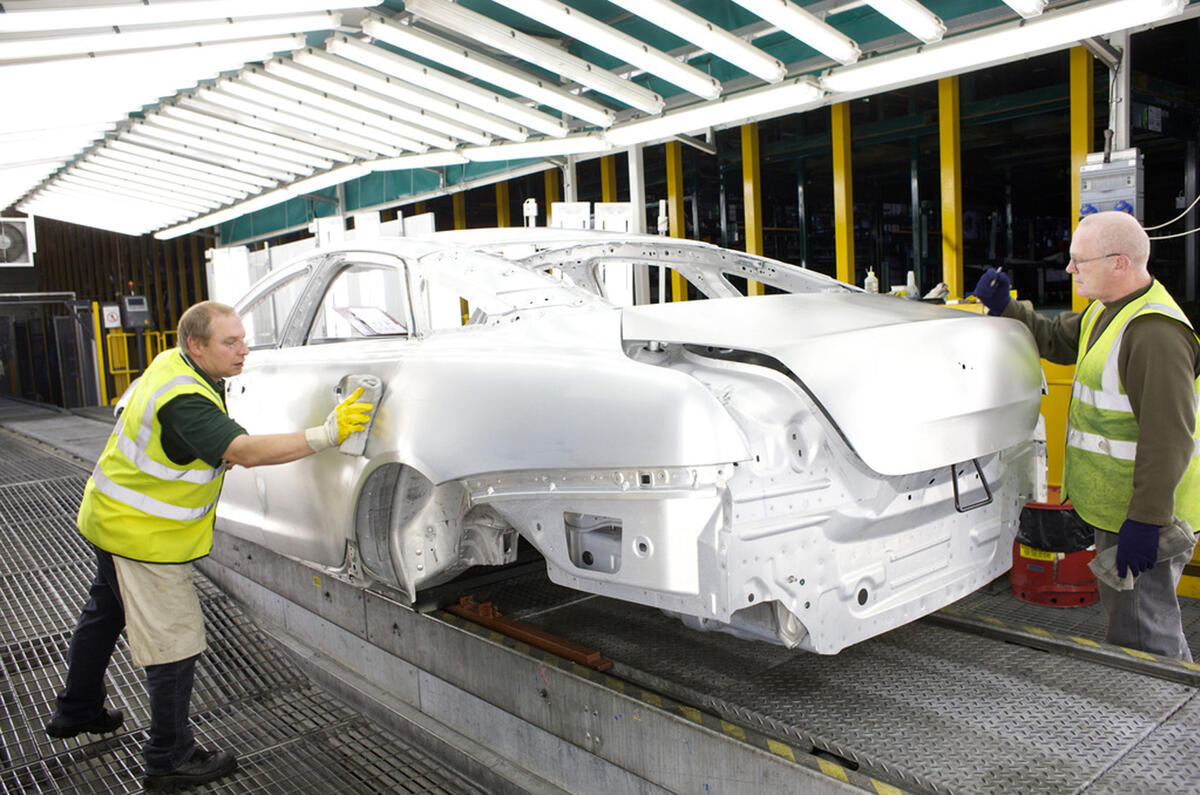
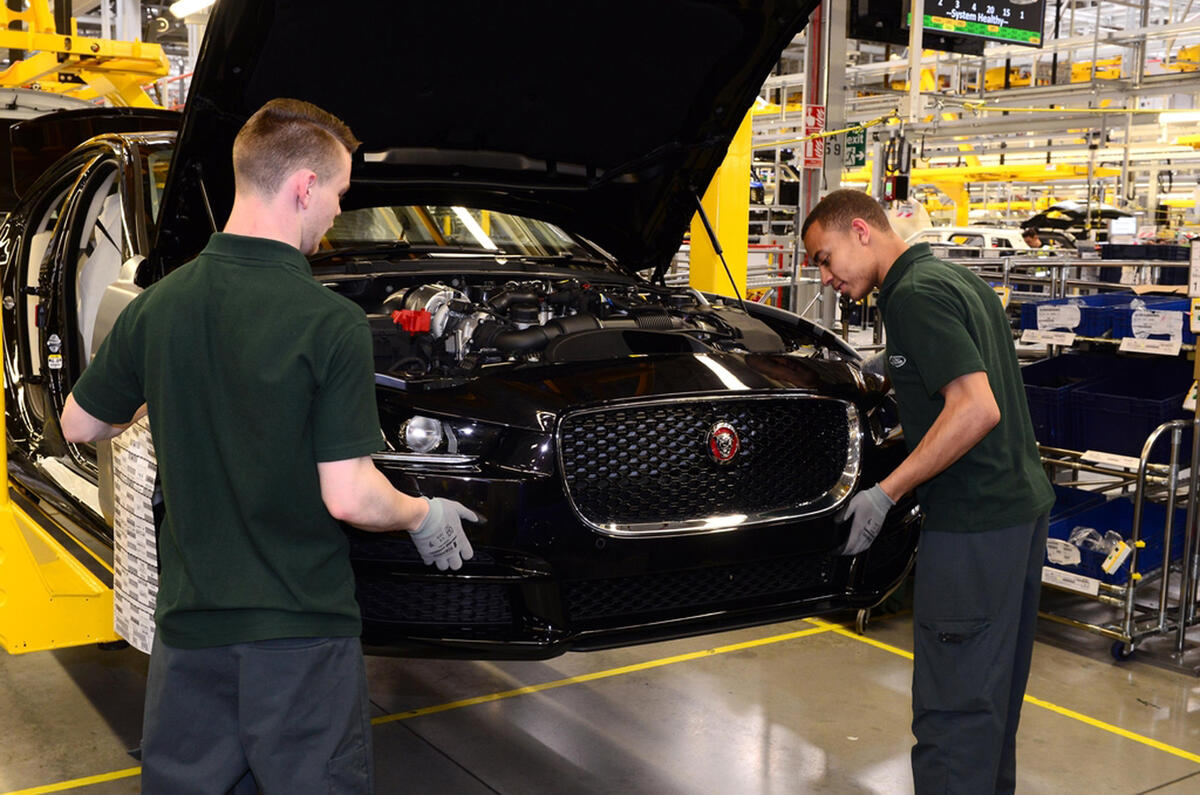


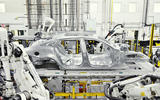

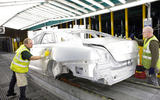
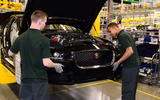

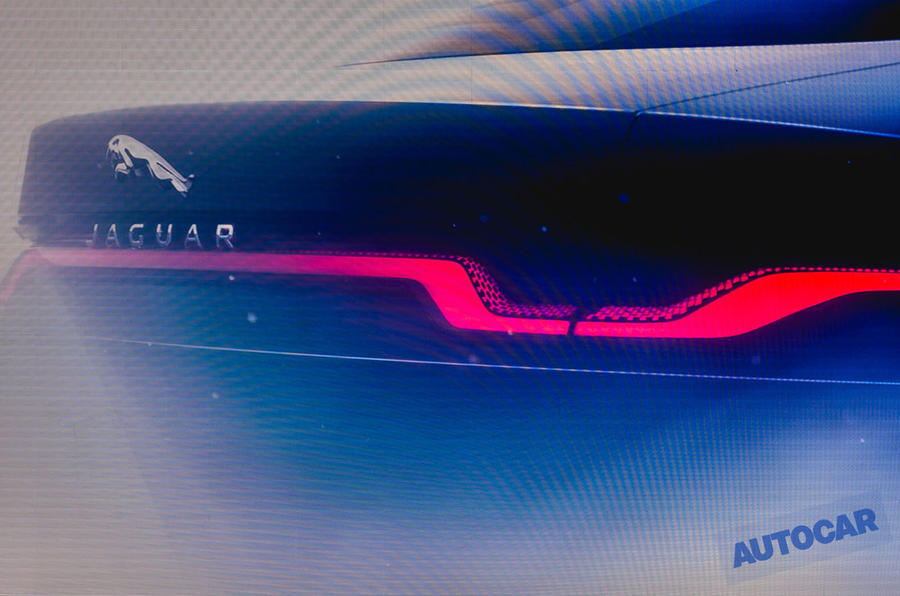







Join the debate
Add your comment
If Jaguar aren't going to produce SUV's and they've dropped the XJ, then what are they going to sell? I've seen more pink elephants in the past few years than I have F-types. There are a few XE's and XF's on the road but they're all older registrations - I don't see new ones.
Whether you like or dislike SUV's, surely there's no argument they're popular. Can a company survive without producing an SUV? Is there a manufacturer who doesn't have an SUV in their line-up? The only new Jaguars I see at the moment are F, E and I Pace.
On the face of it, actively saying you won't produce an SUV seems crazy. Even Tesla has an SUV. But it gets worse, their most popular car of course is the 3, which is the 'cheap' car in their range. So is Jaguar going to go down the 'cheap' route? No they say they're going after more affluent buyers.
Whatever the pros and cons of that strategy is, surely it means a much smaller company than we see today?
We've heard it all before, you can say the words 'architecture' and 'reimagine' as many times as you like, but if the interior materials aren't good enough and the product is unreliable, you're wasting your time.
I've lost count how many defining moments and bold new strategies JLR have had. They must be running out of possible permutations of the things.
And as for moving up market and offering quality over volume, desirable vehicles - they're already supposed to be doing that! We've been told by Autocar journalists for years about how 'premium' a product this is, only for it to be face-lifted a few years later and everybody says, oh well, the last effort WAS a bit rubbish wasn't it.
Also, golden rule, when a new CEO says there are currently no plans to close any manufacturing facilities - watch your back.